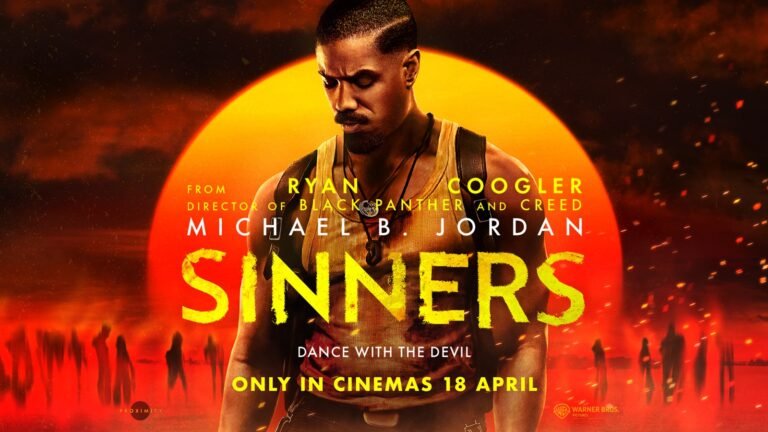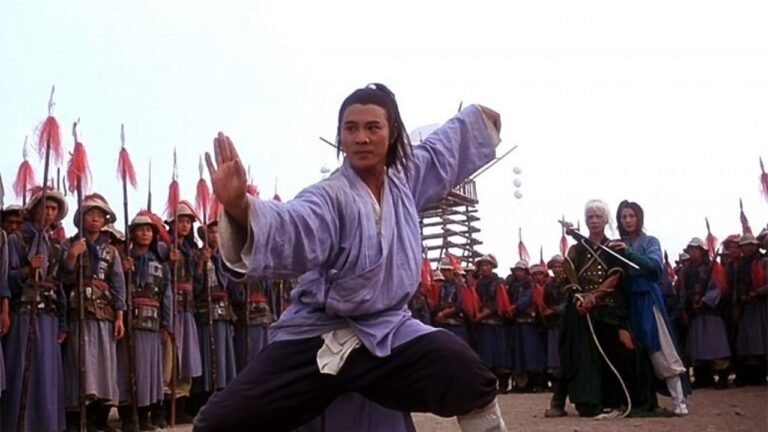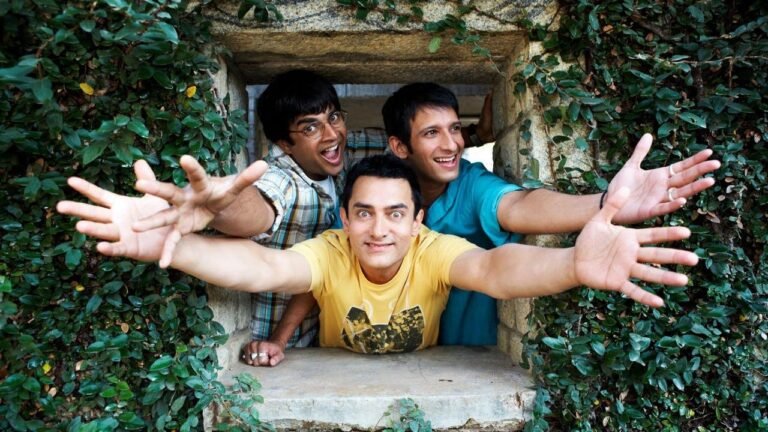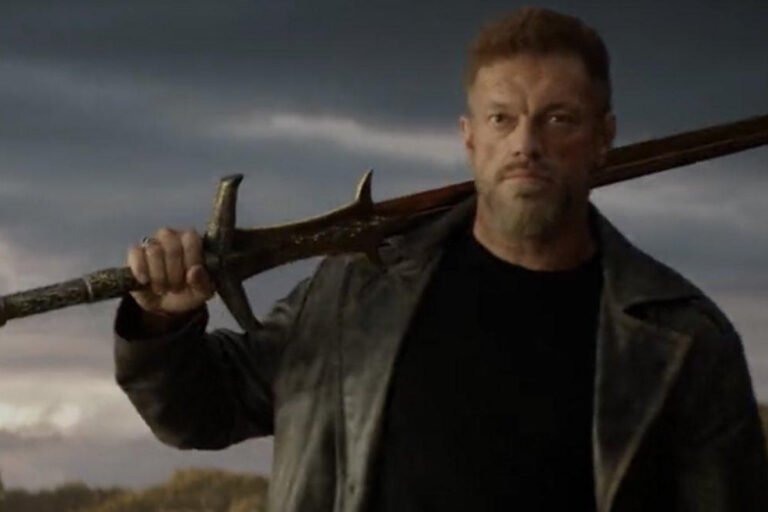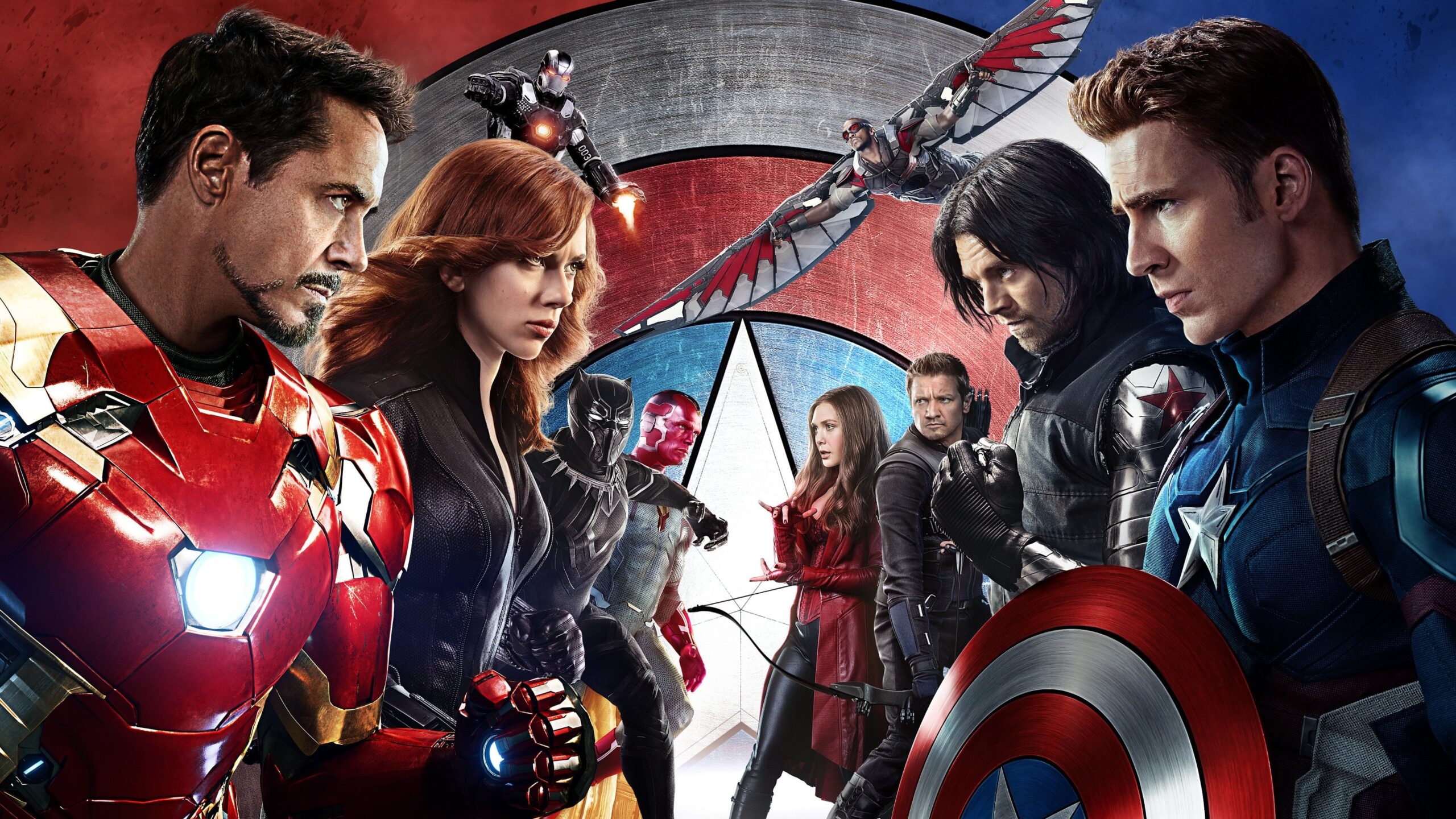
“Captain America: Civil War” is one of the most thought-provoking films in the Marvel Cinematic Universe (MCU). The movie, released in 2016, pits two of Marvel’s greatest heroes—Captain America (Steve Rogers) and Iron Man (Tony Stark)—against each other in a bitter conflict over a fundamental issue: how superheroes should be regulated. This clash isn’t just about physical prowess but moral and ideological beliefs that resonate deeply with audiences. By the end of this article, I aim to determine who was right in this epic showdown.
The conflict arises when the Avengers, after numerous missions that cause collateral damage and civilian casualties, face the consequences of their actions. The world’s governments propose the Sokovia Accords, a legal document that requires all superheroes to register with and be monitored by the United Nations. Here’s where the split happens:
Iron Man’s Standpoint: Tony Stark supports the Sokovia Accords. He believes that with great power comes great responsibility and that their actions have caused too much harm without accountability. For Tony, signing the Accords symbolizes a necessary check on their power to prevent further unintended damage and to restore public trust.
Captain America’s Standpoint: On the other hand, Steve Rogers opposes the Accords. He fears that government oversight could be corrupt or serve political agendas, ultimately limiting the Avengers’ efficiency and moral compass. Steve champions individual freedom and believes that heroes need to act according to their own moral judgments rather than be bound by potentially flawed regulations.
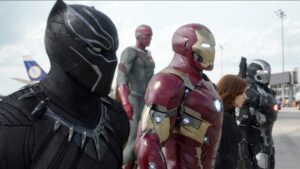
Analyzing Iron Man’s Perspective
Tony Stark has always felt guilty about the unintended consequences of his technological innovations—Ultron, for instance, was his creation and caused global havoc. His support for the Sokovia Accords stems from a recognition of these mistakes. Tony argues that regulation would ensure superheroes act responsibly and under legitimate oversight, preventing future catastrophes. In this sense, accountability not only becomes necessary but also a form of atonement for past misdeeds.
Tony also points out that the public has grown distrustful of the Avengers. By accepting oversight, they could restore faith in their operations and work alongside global governments rather than against them. This cooperation might lead to more strategic and less destructive outcomes in conflict situations. For Tony, aligning with the Sokovia Accords signifies a step toward collaborative global peacekeeping, even if it means sacrificing some autonomy.
Why “Encanto” Falters When Compared To Previous Disney Movies
Analyzing Captain America’s Perspective
Steve Rogers, a soldier from World War II, has seen what happens when governments overreach or become puppets of corruption. For him, the Sokovia Accords represent a potential loss of moral integrity. If the Avengers must follow orders from political bodies, they risk operating based on political convenience rather than ethical necessity. Captain America argues that true justice and heroism come from within, from a place of selfless courage, not bureaucratic mandates.
Steve’s mistrust isn’t unfounded. History shows numerous instances where governments have manipulated power for various agendas. He envisions scenarios where the Avengers could either be weaponized or incapacitated due to political gridlock. Imagine a crisis where immediate action is necessary, but bureaucratic red tape slows them down or misdirects their efforts. For Captain America, independence ensures that the Avengers can always act in the best interest of global welfare without external interference.
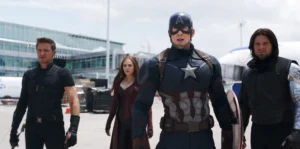
This brings us to the heart of the debate: Who was right in Captain America: Civil War?
From a real-world perspective, Tony Stark’s concerns about accountability and public trust are extremely valid. Unchecked power can indeed lead to disastrous outcomes, as witnessed in numerous superhero battles in the MCU. Implementing a system of checks and balances can potentially prevent issues like unintended civilian casualties and promote transparency. Iron Man’s stance aligns with real-world calls for responsible governance and lawful oversight.
However, Captain America’s emphasis on freedom and moral integrity speaks equally to real-world fears of governmental abuse and loss of personal autonomy. History is riddled with examples of good intentions turning into nightmares due to political corruption or authoritarian control. By resisting the Accords, Steve fights to preserve the noble essence of heroism, which is acting from one’s own ethical convictions rather than coercive mandates.
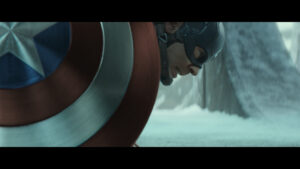
After comprehensively examining both sides, it is clear that both Tony and Steve’s arguments have merit grounded in deep moral and ethical truths. However, if I must declare who was ultimately right in “Civil War”, Captain America’s perspective edges out slightly for multiple reasons:
Flexibility in Crisis: The most compelling argument against the Sokovia Accords is the potential delay in action during crises. Superheroes often need to make split-second decisions, which bureaucratic oversight could hinder.
Moral Integrity: Steve’s insistence on acting from a place of moral conviction ensures that the Avengers’ actions are always ethically guided, rather than swayed by fluctuating political climates.
Historical Lessons: Cap’s mistrust of government control is validated by numerous historical precedents where excessive control led to negative outcomes. Steve’s argument warns against the dangers of surrendering too much freedom for the promise of security—a balanced and prudent caution.
While Iron Man’s advocacy for accountability is undeniably crucial, especially in maintaining public trust, Captain America’s insistence on autonomy and moral integrity ultimately provides a more robust framework for heroism. True heroism, as Steve Rogers demonstrates, is deeply rooted in individual ethics and the unfettered ability to act in accordance with one’s convictions. Therefore, in the grand debate of “Civil War”, Captain America emerges as the one who was ultimately right.
This article represents the opinion of the author and does not necessarily represent that of Mobile Cinema Network.
